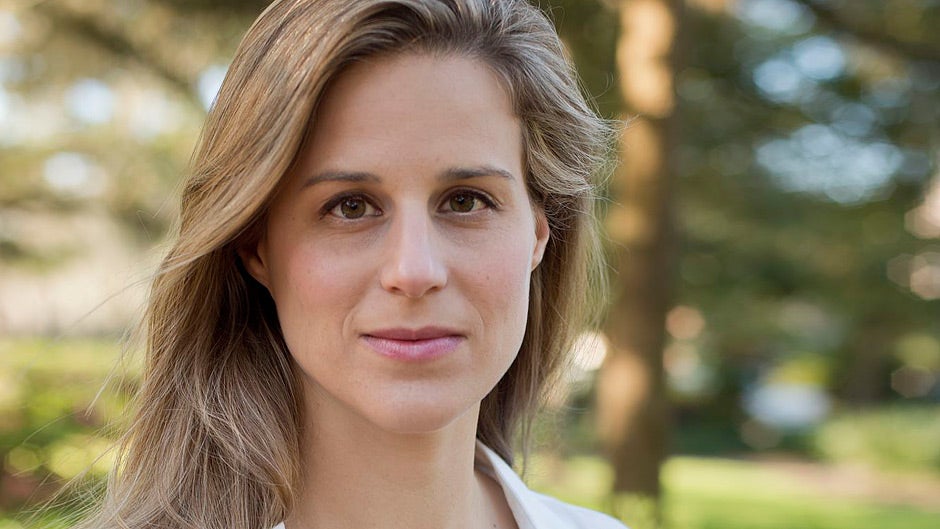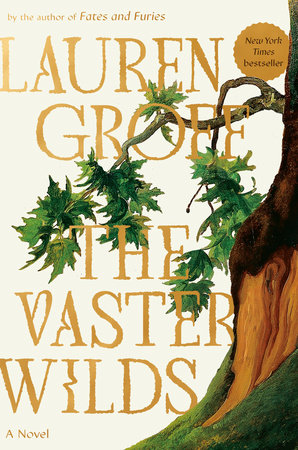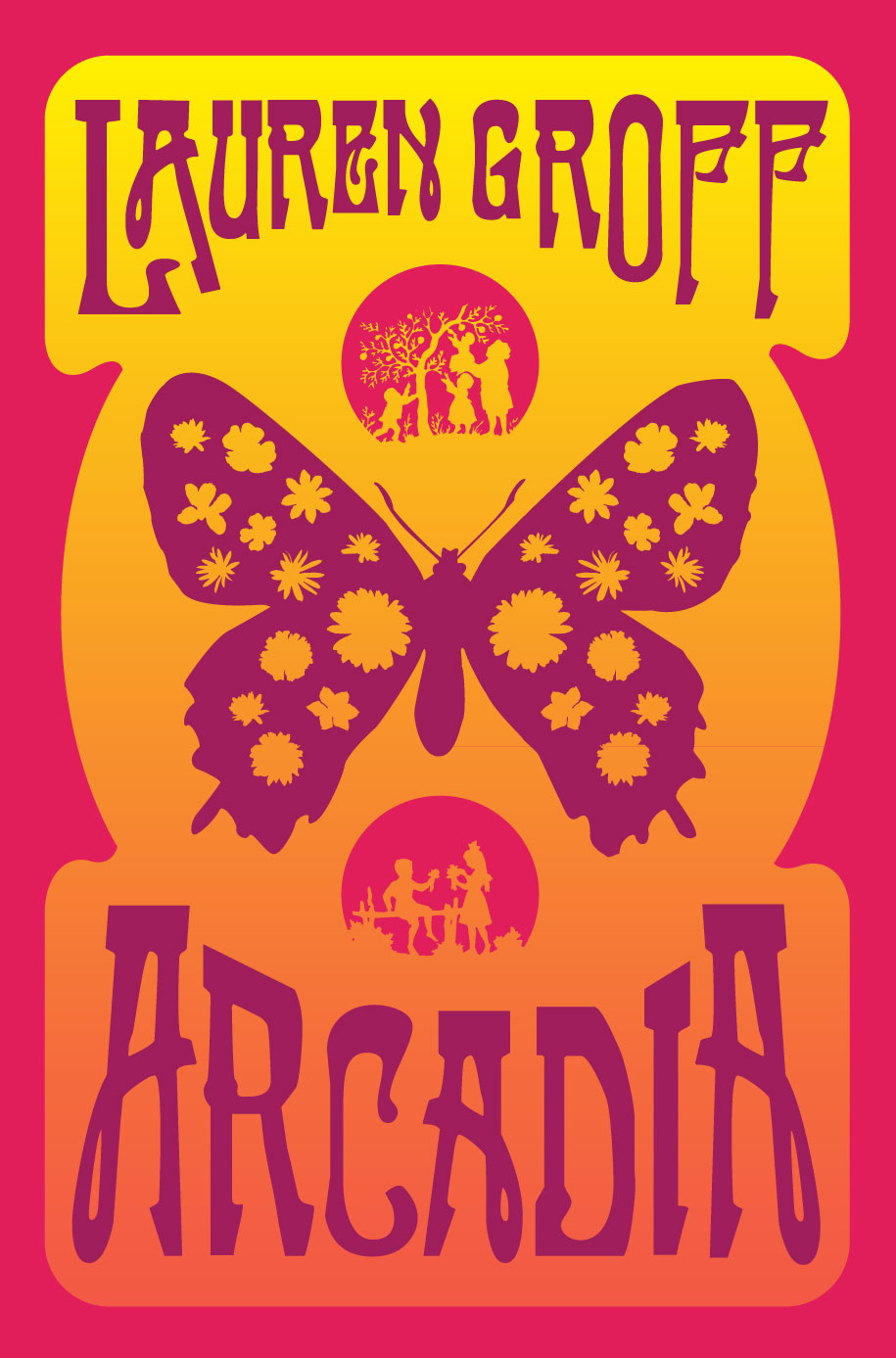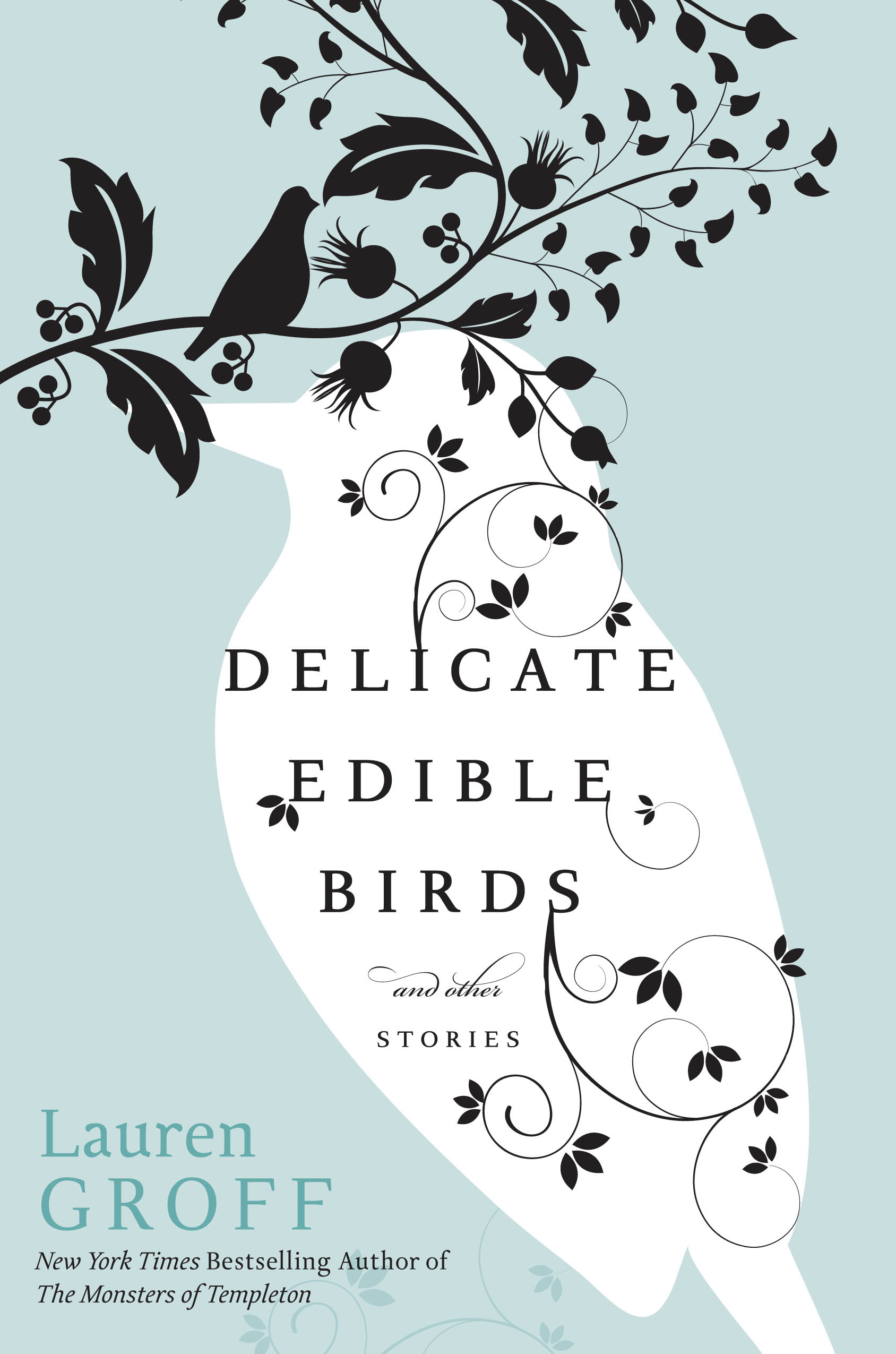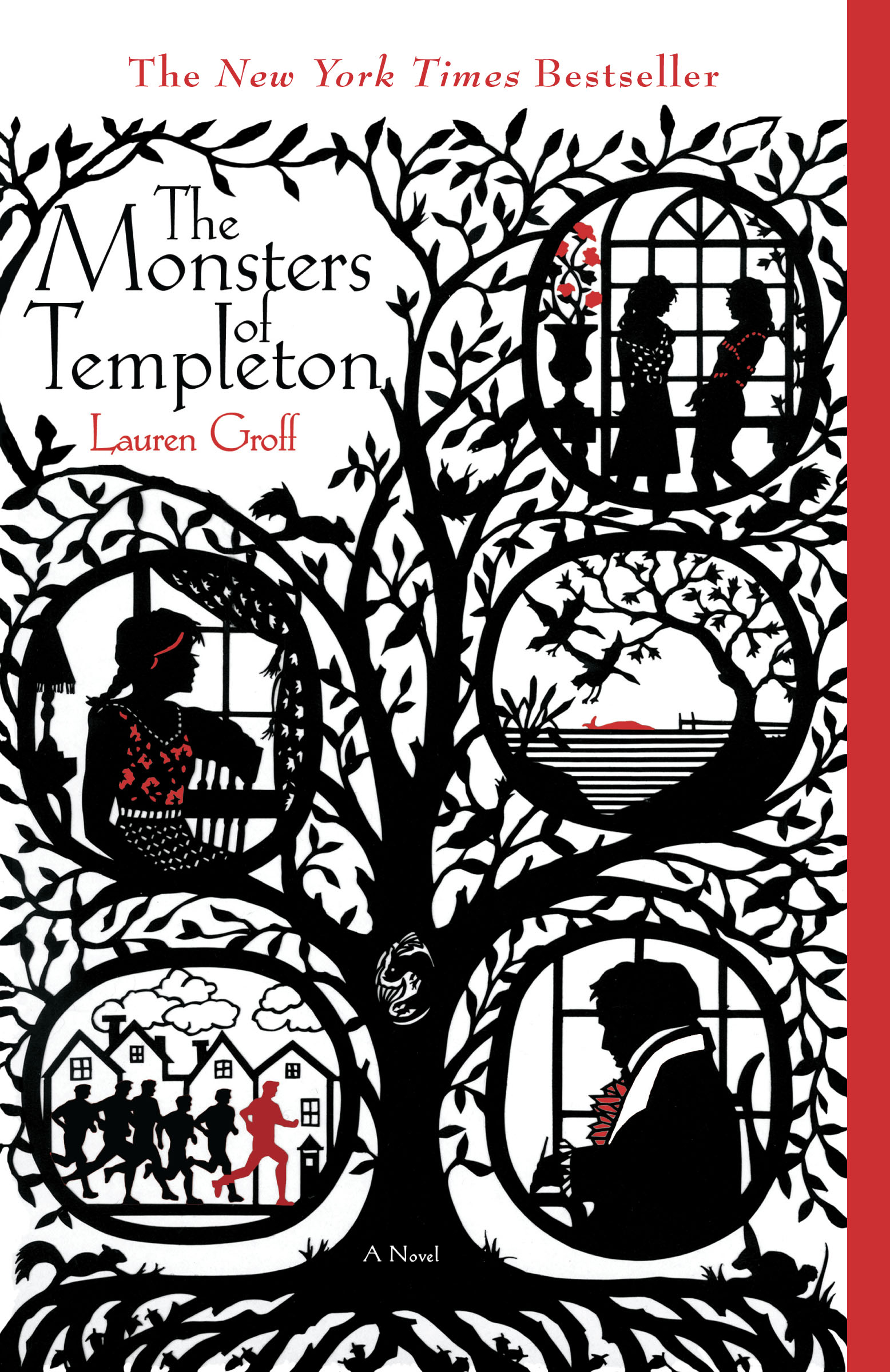Lauren Groff
National Book Award finalist and bestselling author of Fates and Furies and Matrix
Photo credit: Megan Brown
-
About Lauren Groff
Lauren Groff is the New York Times bestselling author of four novels, The Monsters of Templeton, Arcadia, Fates and Furies, and Matrix, as well as the celebrated short-story collections Delicate Edible Birds and Florida, a 2018 National Book Award finalist. She graduated from Amherst College and has an MFA in fiction from the University of Wisconsin Madison.
In her lectures, Groff captivates audiences with thoughtful reflections on the writing craft and discussion of the influences and inspiration behind her bestselling works.
Fates and Furies was a New York Times bestseller, a finalist for the National Book Award, and Amazon’s #1 Best Book of the Year in 2015. It is an exhilarating novel about marriage, creativity, art, and perception, and has garnered tremendous critical acclaim. Her followup book, Florida, was similarly acclaimed and was nominated for the 2018 National Book Award and won the prestigious annual Story Prize. Her latest novel, Matrix, was an instant New York Times bestseller, winner of the 2022 Joyce Carol Oates Prize, and a finalist for the 2021 National Book Award. She also edited a collection of stories by author Nancy Hale entitled Where the Light Falls, bringing a forgotten master of the short story back into the literary conversation.
Lauren Groff’s work has appeared in a number of magazines, including The New Yorker, Harper’s, and The Atlantic, and in several of the annual The Best American Short Stories anthologies. Groff’s fiction has won the Paul Bowles Prize for Fiction, the Medici Book Club Prize, the PEN/O. Henry Award, and the Pushcart Prize, and has been shortlisted for the Orange Prize for New Writers and a finalist for the L.A. Times Book Prize. She lives in Gainsville, Florida with her husband and two sons.
Contact us for more information about booking Lauren Groff for your next event.
-
Speaking Topics
The Furies
Women’s anger is potent, one of the greatest drivers of social change, and yet it is—even in the 21st Century—still somehow taboo. This talk looks at angry women from literary history, including Dido, Medea, Becky Sharp, Anna Karenina, and Emma Bovary, as well as others, and looks toward the future of female anger.
Breaking the Bones
In the work of the great philosopher and psychotherapist Carl Jung, archetypes are evidence of primordial form-making, a kind of generalized substratum found throughout all of humanity. Readers and writers should be wary of archetypes that don’t grow to reflect changing human eras; this talk identifies and tries to subvert a number of commonly-seen archetypes, such as the witch, the cowboy, and the princess.
Gaps, Spaces, and Silences
In 1951, John Cage entered the anechoic chamber at Harvard University, expecting to hear silence. Instead, as he later wrote, "I heard two sounds, one high and one low. When I described them to the engineer in charge, he informed me that the high one was my nervous system in operation, the low one my blood in circulation.” This experience led to 4’33”, Cage’s famous three-movement composition in which the musicians are explicitly instructed not to play their instruments. The result is perhaps not music (arguable!); the result is also, marvelously, not silence. The gaps in a text—the pauses, rests, caesurae, silences—are empty of words, but they’re full of resonance, the vacuum filled instantly by the reader’s swift comprehension. This talk looks at white space, elisions, pauses, negations and things left unsaid, drawing on the work of Marguerite Duras, William Faulkner, Georges Perec, and Jenny Offill, among others.
Radical Failures
A writer is only as strong as her understanding of her own weaknesses. This talk celebrates the way the great masters of writing—including Danté, Jane Bowles, and Cormac McCarthy—embrace and even exploit their failures to create indelible, searing works of art. There are larger, political implications in identifying the ways in understanding how the borders of privilege (and the lack of privilege) contribute to these invisible, deeply internal walls within us.
Art at the End of the World
William Carlos Williams sent a furious sally against the misconception that art isn’t necessary in his marvelous love poem Asphodel, that Greeny Flower, when he says:
It is difficult
to get the news from poems
yet men die miserably every day
for lack
of what is found there.It can be difficult to justify art during the Anthropocene, at a time when it feels as though the world is swiftly darkening. This talk elevates and celebrate the necessity of art, drawing on ideas from poets and writers through the ages, including the great Czeslaw Milosz and George Eliot.
-
Video
-
Praise for Lauren Groff
Lauren was fantastic. She came with enthusiasm, generosity, and great energy. She spoke with a variety of our guests (young and old) before, during, and after the event at length — answering their questions about writing, her book tours, her life, history, and more. She was so generous with her time.
— One Book One PassLauren was incredibly vibrant and inspiring as a speaker and she was a true pleasure to host.
— Punch Bucket LitSpeaker was fantastic and well-received. Conversational format between speaker and interviewer was great!
— Word of South Festival of Literature & MusicWe loved having Lauren!
— San Antonio Book FestivalLauren was fantastic. Members of our audience called her “riveting” and shared that hearing Lauren speak made them love the book even more. Several members of our audience said this was the best author event they had ever seen. All of the credit goes to Lauren for being so charming, witty, and gracious.
— NSU University School / Alvin Sherman Library, Nova Southeastern UniversityLauren is such a dream! The audience was very engaged. She takes such delight in people and the world, it’s a joy to spend time with her. We are so grateful to Lauren for spending time in our community. In the short amount of time she was here in Portland , she had an impact on a lot of people.
— Portland Arts & Lectures Literary Arts Inc.Praise for Matrix
A radiant novel about the 12th-century poet and mystic Marie de France. . . Groff richly imagines Marie’s decades of exile in a royal convent, which she eventually leads. A charged novel about female ambition.”
— Maureen Corrigan, NPR’s Fresh AirJust when it seems there are nothing but chronicles of decline and ruin comes Lauren Groff’s Matrix, about a self-sufficient abbey of 12th-century nuns—a shining, all-female utopian community… it is finally its spirit of celebration that gives this novel its many moments of beauty.
— Wall Street Journal[T]hrilling and heartbreaking. Groff. . . crafts an electric work of historical fiction.
— TIME[A] page-by-page pleasure as we soar with her.
— New York Times Book ReviewMatrix is alive with lust and glory. In the incandescent Marie de France – visionary, cantankerous and uncowed by the constraints of her sex – Groff paints a portrait of sisterhood that shines out of the past and into the lives of women today.
— C Pam Zhang, author of How Much of These Hills is GoldPraise for Florida
Exquisite… [Florida] will haunt you long after the final page.
— Paste Magazine[A] compelling collection of short stories centered around the Sunshine State.
— EsquireA sensual, ambivalent portrait of Florida.
— BBC CultureUnforgettable characters and a rich portrait of humanity.
— BuzzfeedUnstoppable prose.
— BookRiotGroff fans will recognize the descriptive zest instantly. . . raw, danger-riddled, linguistically potent pieces. They unsettle their readers at every pass . . . A literary tour de force of precariousness set in a blistering place, a state shaped like a gun.
— Kirkus, starred reviewWell-observed, unexpected writing for fans and more.
— Library JournalPraise for Fates and Furies
Renders majestic even the most familiar moments of everyday life… Groff’s writing is striking and revelatory.
— USA TodayAudacious and gorgeous …. The result is not only deliciously voyeuristic but also wise on the simultaneous comforts and indignities of romantic partnership
— LA TimesSentence by sentence, this novel, like [Groff’s] others, is a thoroughbred. Measured by its narrative tricks, however, it is a Trojan horse. Groff’s story of a marriage in which neither partner truly understands the other uses a sophisticated technique to tell its simple story, subverting our expectations with a two-voice counterpoint as meaningful as it is dazzling.
— TIMELauren Groff rips at the seams of an outwardly perfect marriage in her enchanting novel Fates and Furies.
— Vanity FairEven from her impossibly high starting point, Lauren Groff just keeps getting better and better. Fates and Furies is a clear-the-ground triumph.
— Ron Charles, The Washington Post -
Books by Lauren Groff
-
Media About Lauren Groff
Request Fees
and Availability
- 212 572-2013
- Lauren Groff travels from Gainesville, FL
